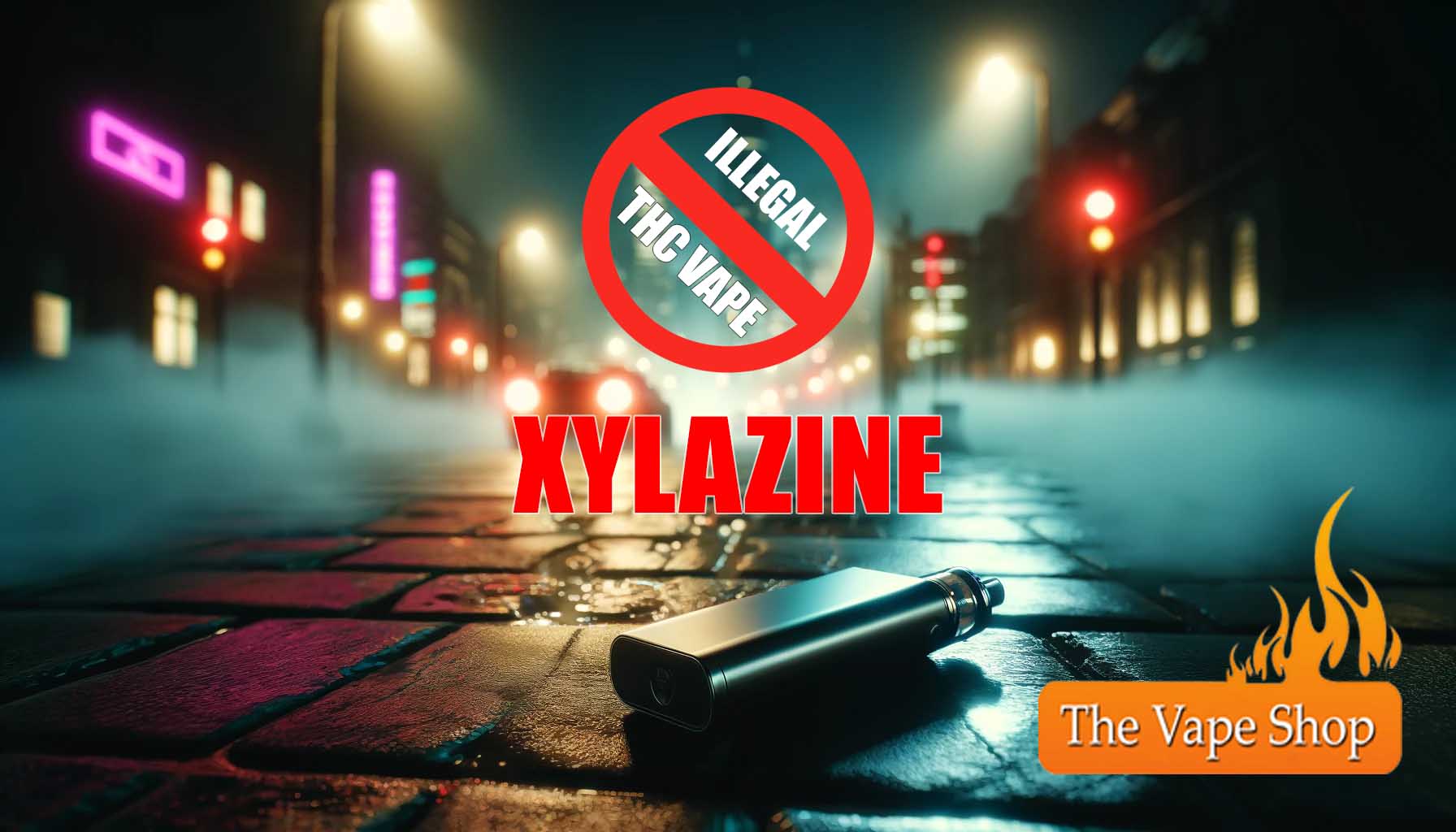In recent years, the vaping industry has seen its fair share of evolutions, innovations, and revolutions. From the early days of bulky vape mods to the more recent sleek pod systems, the market’s dynamism has been nothing short of impressive. Yet, amidst this flux, disposable vapes have surged forth, marking a turning point that many in the industry would deem as detrimental. The aftermath of this trend isn’t just marked by escalating sales figures but by a contentious debate, intensified regulatory oversight, and growing apprehensions about the young being lured into the vaping world.
The Damaging Rise of Disposable Vapes

When disposable vapes were first introduced, they promised convenience—a quick, no-fuss solution for smokers looking for a transitional aid. Their pocket-friendly size, combined with the absence of charging or refilling requirements, made them a seemingly attractive option for many. However, their rapid popularity was not merely a result of their functionality.
The design and marketing strategies employed played a pivotal role in their market dominance. Bright, vibrant packaging often mimicked popular candies and treats, making them especially appealing to a younger demographic, a deliberate ploy in my opinion. This allure was further heightened by the illicit high nicotine concentrations offered, with some disposable vapes boasting levels as high as 30mg/mL or more. Such potent doses not only deliver a powerful hit but also significantly raise the risk of users, especially first-timers, becoming addicted.
Regulatory oversight, which ideally should have been a step ahead, seemed to be perpetually playing catch-up. With no stringent guidelines initially in place regarding the sale of these products, age verification processes were often lax, paving the way for easy access by underage individuals. This, coupled with aggressive marketing strategies, has led many experts and observers, myself being one of them, to attribute the alarming increase in youth vaping predominantly to the ubiquity of disposable vapes.
In essence, what started as a product aimed at providing convenience for adults became an enticing, and potentially hazardous, product for the younger generation. The repercussions of this shift are still being felt across the industry, with both manufacturers and retailers grappling with its implications.
Environmental and Ethical Concerns

The environmental footprint of these single-use devices is undeniable. Imported primarily from China, these non-recyclable items end up contributing significantly to global plastic waste. This environmental concern is only the tip of the iceberg. The lure of these devices isn’t just their easy-to-use nature; it’s also their eye-catching, often youth-attracting packaging.
The market’s quick saturation by these devices, available now in every corner shop, newsagent, and petrol station, has led to a slew of unprincipled sellers. Prioritising profit over the health and safety of their communities, many are willing to disregard age restrictions. The advent of illicit disposables, boasting even higher nicotine and e-liquid concentrations than their legal counterparts, only exacerbates this issue. Reports of police and trading standards raids have become increasingly common, as authorities crack down on those peddling these illicit goods.
The Vape Shop’s Proactive Measures

At The Vape Shop, our philosophy has always been centred around responsible retailing and a genuine concern for our community’s well-being. When the storm of disposable vapes started brewing, we were among the first to foresee its potential repercussions.
More than eight months ago, even before the widespread controversy erupted, we took decisive action by banning the sale of disposable vapes across all our outlets. This wasn’t a decision taken lightly; it was backed by extensive research, customer feedback, and our deep-rooted ethos of prioritising public health above all.
Our apprehensions about disposable vapes stemmed from several observations. While their initial inception aimed to aid adult smokers seeking an alternative or cessation tool, their trajectory took a concerning turn. Their designs, marketing tactics, and accessibility began to appeal far more to younger audiences, many of whom had never smoked before. This transformation from a stop-smoking aid to a potentially addictive gateway for teens was alarming.
By taking a stand against disposable vapes, we hoped to send a clear message to our customers and the broader community: At The Vape Shop, we value the long-term health and safety of our patrons over fleeting trends or short-term profits. We remain committed to this stance and will continue to evaluate and adapt our product offerings in the best interests of public health and safety.
The Industry’s Unjust Reputation

The undeniable issues surrounding disposable vapes have unfortunately cast a long and dark shadow over the entire vaping industry. It’s an unjust situation where responsible vape retailers and ethical manufacturers bear the brunt of the negativity. The conflation of the broader vaping community and the specific problems tied to disposable vapes has led to an undue backlash.
Currently, the UK Government is contemplating severe restrictions, potentially impacting not only the root cause—disposable vapes—but the broader vaping community. The potential consequences of these decisions could be dire for the adult vaping community and the industry at large.
In conclusion, the rise of disposable vapes has brought with it challenges that the vaping industry hadn’t previously encountered. It’s a cautionary tale about the importance of regulation, ethics, and the unforeseen consequences that can emerge from rapid market shifts. The onus now is on regulators, responsible retailers, and the vaping community to rectify the situation and ensure the industry’s sustainability in the UK.














